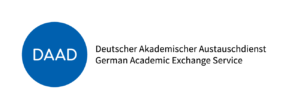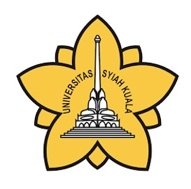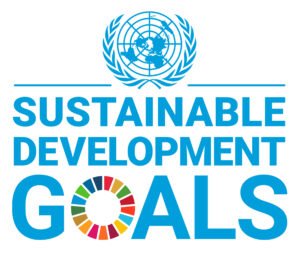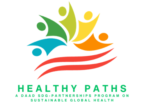BACKGROUND:
The expansion and consolidation of sustainable international partnerships and networks between countries at different levels of development are essential for achieving the SDGs as part of the 2030 Agenda. This includes, above all, constant exchange and learning from each other, including the training of decision-makers in this area.
The partner institutions of the Université d’Antananarivo in Madagascar, the Universitas Syiah Kuala in Indonesia and the University of Göttingen in Germany already have many years of successful cooperation with different areas of expertise in this field. As part of a DAAD-funded SDG partnership project, there is now a unique opportunity to expand and consolidate these networks within the framework of extensive North-South-South cooperation and to merge them into an effective, development-relevant international network. This enables valuable long-term institutional ties and contributes to achieving the SDGs with the program priorities. Particularly with the understanding that the respective SDGs should not be seen as individual, independent goals, but rather as an overall network of mutually supportive, reinforcing effects, we would like to address synergistic, harmonizing parts of various SDGs with our partnership. Each of the disciplines involved, with their knowledge and skills, is indispensable for overcoming global environmental and health crises, but only by combining common resources through interprofessional cooperation can these crises be overcome in a practical way. However, it is precisely this important interface that is often characterized by deficits. The same applies to the interface between theoretical knowledge/innovations and practical transfer. Due to the focus of the partner institutions’ work in the public health service directly on the population and their needs, as well as the university partners’ university competencies, this joint project is a unique approach to the mutual strengthening of competencies and the implementation of strategies jointly developed within the framework of this project to achieve defined SDG sub-goals.
GOALS:
Together with the expertise of our interdisciplinary project team from the University of Göttingen, the Universitas Syiah Kuala and the Université d’Antananarivo, the SDG project priorities “Health and Well-being” (SDG 3), “Zero Hunger” (SDG 2), “Clean Water and Sanitation” (SDG 6) and “Partnerships for the Goals” (SDG 17) are to be addressed in the joint, continuous exchange of the SDG partnership. Indirectly, aspects aimed at achieving sub-goals of other SDGs are also addressed. These include, for example, SDGs 13, 11, 14, 15 and 4. In this context, the project focus “Health and Environment” acts as an important interface between all of these goals.
The implementation is carried out with the establishment of the joint, sustainable program “HEALTHY PATHS” – A DAAD SDG-Partnership Program on Sustainable Global Health, which is offered every year as an interdisciplinary SDG semester program for 24 students in the Master’s section of (development) economics, agricultural science, nursing, public health and medicine from the partner institutions.
The main aim is to promote future leaders for the expansion of healthcare in their home countries and to strengthen their exchange. Students in the final phase of their studies are to be prepared for professional activities in their home country and the transfer of the acquired specialist knowledge to promote the home regions is to be supported. The aim is always to create an educational program in the health and environmental sector that is in line with the local context and the state of the art – HEALTHY PATHS offers a unique approach to this. It also makes it possible to establish development-relevant professional networks between students, alumni and experts.
IMPLEMENTATION
The program runs for one semester as a blended-learning online course with a 10-day attendance phase at the end of each module, alternating between the participating institutions. Strategies that address the SDG sub-goals are to be developed and established within this framework. All digital courses are recorded for other students. The module consists of 6 thematic blocks related to the above-mentioned SDGs, which overlap thematically and are measurably anchored in the learning objectives catalog using corresponding indicators. Teaching staff from each partner institution take part in each course presence phase in order to ensure an ongoing exchange of experience and continuous evaluation of the curriculum. During each course presence phase, specialist lectures and further training events are offered for lecturers and students. Aim is to develop practical, implementable solution strategies for previously jointly identified problems.
Excursions to local health and environmental facilities enable the establishment of contacts and the testing of innovative strategies, as well as the direct theoretical-practical transfer of knowledge with the expansion of further long-term collaborations. In addition, all participating partner institutions offer opportunities for subsequent longer-term SDG-related research activities.
The transfer of research knowledge and methods continuously accompanies the program and forms the basis for subsequent SDG-related doctoral opportunities at the partner institutions. The establishment of an alumni network of program participants builds a fruitful network of experts for the long-term local promotion of SDG achievement.




